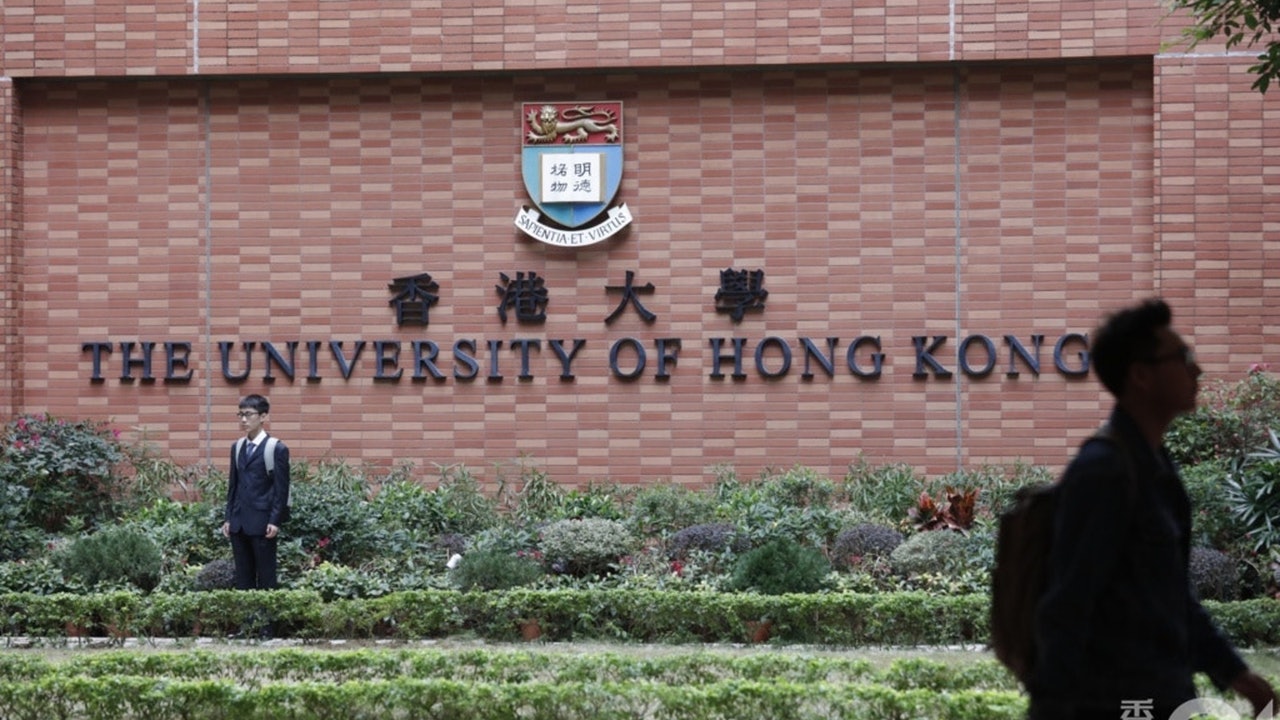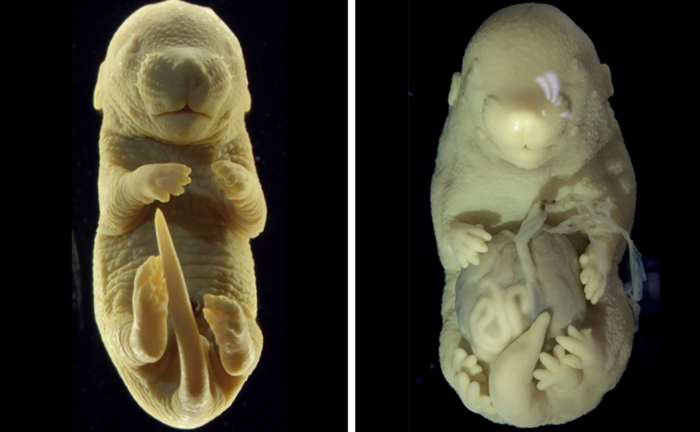A research team from the School of Biomedical Sciences, Li Ka Shing Faculty of Medicine, The University of Hong Kong, has discovered a previously unknown function of the deoxyribonucleic acid (DNA) mismatch repair mechanism (MMR) in human genes.
People born with DNA mismatch repair defects (widely known as Lynch syndrome) have a high chance of developing cancer in early adulthood, and research shows that MMR can reduce the risk of developing cancer. The relevant research results have been published in Science Advances published on.
The results of the University of Hong Kong study show that MMR can reduce the risk of cancer.
(file picture)
The research team, led by Associate Professor Huang Yonghan, School of Biomedical Sciences, HKU Faculty of Medicine, used somatic mutation data from hundreds of MMRd (mismatch repair deficient) cancer patients from multiple groups, including The Cancer Genome Atlas (TCGA). ), the Clinical Proteomic Tumor Analysis Consortium (CPTAC), and the AACR Project GENIE to understand the key mutational processes in the deletion of specific components in MMR, namely MutSα (MSH2/MSH6) and MutLα (MLH1/PMS2).
It was found that cancers lacking MutSα differed significantly in mutational signatures from cancers lacking MutLα.
The research team then integrated epigenetic data and cancer somatic mutations to study non-replication and replication-associated DNA-deficient samples, respectively, to understand the mechanisms behind these features.
In general, 5-methylcytosine deamination occurs hundreds of times a day in human cells and is a common form of non-replicating DNA damage.
The researchers found that MutSα is a key component necessary for the repair of 5-methylcytosine deamination in MMR.
Huang Yonghan said the findings reveal a previously unknown function of MMR, which is crucial for protecting the human genome from damage caused by deamination of 5-methylcytosine.
The results of the University of Hong Kong study show that MMR can reduce the risk of cancer.
(Data image provided by the University of Hong Kong)
Vaccine Pass | Show the safety code and the needle card "dong dong" to the mobile phone of the restaurant, and the two security team members of Penny's Bay Quarantine Center are initially diagnosed. Some teammates are suspended from work and tested and closed | 70 Chuyang cases were found to extend forced inspection until noon tomorrow, Tai Po Tin Liao Ha Village Murder Case Retired man charged with murder and unable to appear in court case adjourned









